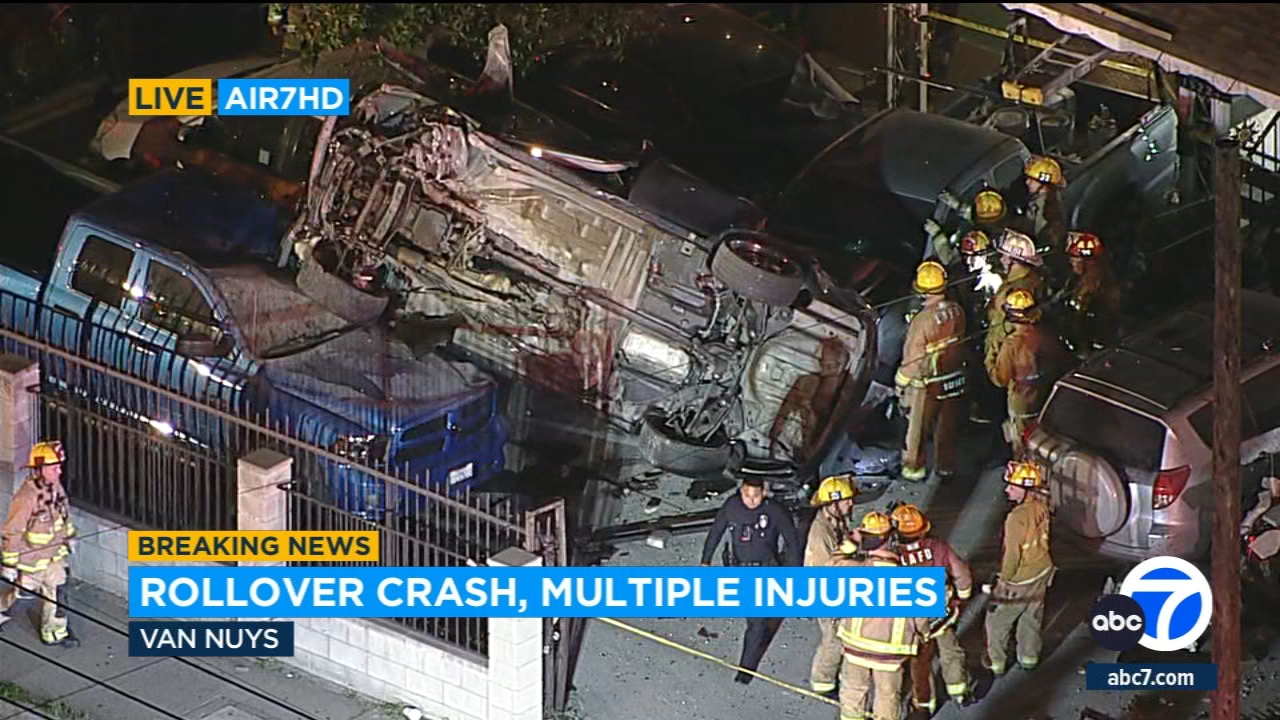LA health clinic serving communities with high COVID-19 risk wins $100K grant
Clinica Romero, with locations in Boyle Heights and Pico Union/Westlake, provides care to areas in LA that have some of the highest coronavirus numbers.

LOS ANGELES (KABC) -- Clinica Romero, a health clinic in Los Angeles specializing in providing care to the most underserved communities of the city, has won a $100,000 grant to help better serve patients during the coronavirus pandemic.
The clinic, with locations in Boyle Heights and Pico Union/Westlake, won the grand prize in the LA2050 Grants Challenge, beating out 66 other applicants in their category.
"We're on the front lines of the health emergency caused by the COVID-19 pandemic," said Stephanie Lemus from Clinica Romero.
They described it as a battleground. An alarming 40% of COVID-19 tests come back positive for patients at the clinic, which serves mostly county supervisor District 1.
"Each day in the first district there are hundreds of new cases more than any other area of LA County," said County Supervisor Hilda Solis at a health briefing last Wednesday.
Solis is right. Communities in District 1 had the highest rate of COVID-19 cases compared to other districts at about 2,480 cases per 100,000 people. The next highest was District 2 at about 2,154 cases per 100,000 people, according to an ABC7 analysis of LA County Public Health data as of last Friday.
Communities in the district also had the highest rate of deaths per 100,000 people at about 55 and the highest positive testing rate at about 14%, compared to District 2, which had the next highest positivity rate at about 12%.
"We play a key role in prevention and diagnosis of the virus and this grant is definitely going to support that," Lemus said. "These patients represent our Latino community that we serve that are chronically ill, that are essential workers that are very high risk for COVID-19 contraction."
Grace Manthey contributed to this story.






